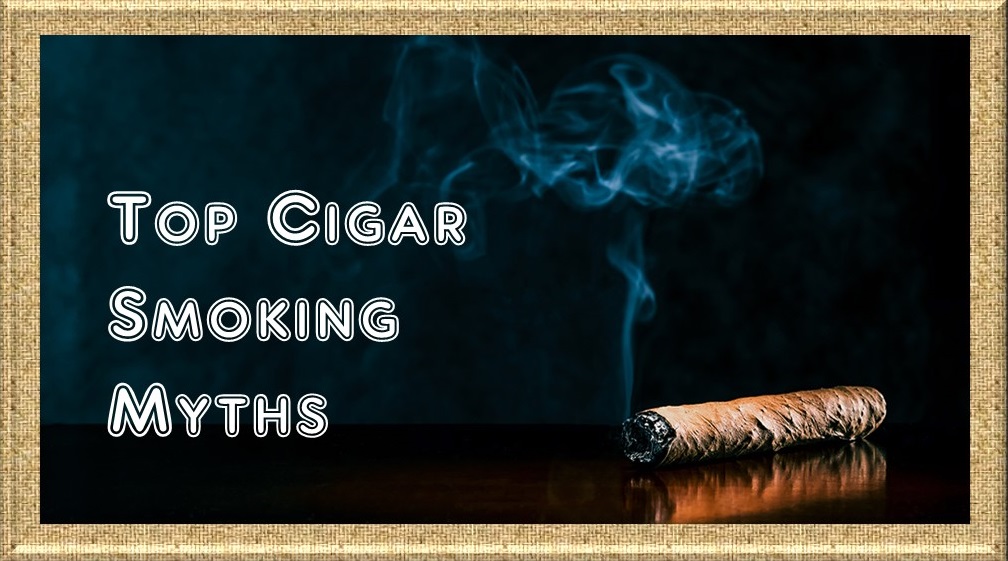
With the decline occurring in cigarette smoking worldwide including Africa, it is understandable that cigar smoking is achieving a rise. This rise is happening in association with a number of craftily promoted myths.
The myths appear in popular culture influencing outlets such as movies, magazines, music festivals, and sports sponsorships. Social influencers are also engaged by parties with entrenched economic interest to promote some of these myths.
In this report, we will discuss and bust some of these myths.
Through clever marketing, cigar smoking is perceptibly linked with fantasies of power, status and class; celebration of new babies, success and victory, imagery of relaxation, etc., but not nicotine addiction.
The perception that cigar smoking is not associated with nicotine addiction is simply not true.
According to The American Lung Association (ALA), one large cigar can have as much tobacco as an entire pack of cigarettes, and the most potent and active addictive ingredient of tobacco is nicotine.
Many people believe that cigar smoking is less harmful than cigarettes because the smoke is not inhaled.
This is also untrue because, even if you don't inhale the smoke from cigars, the large amounts of nicotine contained in the smoke and that the body craves for can be absorbed through the tissue lining of the mouth.
For this reason cigar smoking is as equally addictive and harmful to health as cigarettes.
"The best advice on the prevention of smoking related cancers and associated health risks is never start smoking and if you smoke, quit as soon as possible."
Since cigars are made from tobacco from inside to the wrapper, they contain nicotine and other cancer causing compounds that are also found in cigarettes.
According to the US Centers for Disease Control (CDC) and the American Lung Association, (ALA), cigar smokers are:
Even non-smokers are also at risk from cigar smoke. Secondhand smoke from cigars contain the same toxic chemicals as secondhand cigarette smoke. Such type of smoke can cause or contribute to lung cancer and heart disease as well as increase the risk and severity of childhood asthma, ear infections and respiratory infections in children.
It is clear from the above considerations that cigar smoking is not a safer alternative to smoking cigarette.
Indeed, according to the American Lung Association (ALA), one large cigar can have as much tobacco as an entire pack of cigarettes.
So, the best advice on the prevention of smoking related cancers and associated health risks is never start smoking and if you do smoke, quit as soon as possible.
Related: Luxury cigars in demand in South Africa as cigarette smoking plummets
REFERENCES
Published: January 6, 2023
© 2023. Datelinehealth Africa Inc. All rights reserved.
DATELINEHEALTH AFRICA INC., is a digital publisher for informational and educational purposes and does not offer personal medical care and advice. If you have a medical problem needing routine or emergency attention, call your doctor or local emergency services immediately, or visit the nearest emergency room or the nearest hospital. You should consult your professional healthcare provider before starting any nutrition, diet, exercise, fitness, medical or wellness program mentioned or referenced in the DatelinehealthAfrica website. Click here for more disclaimer notice.